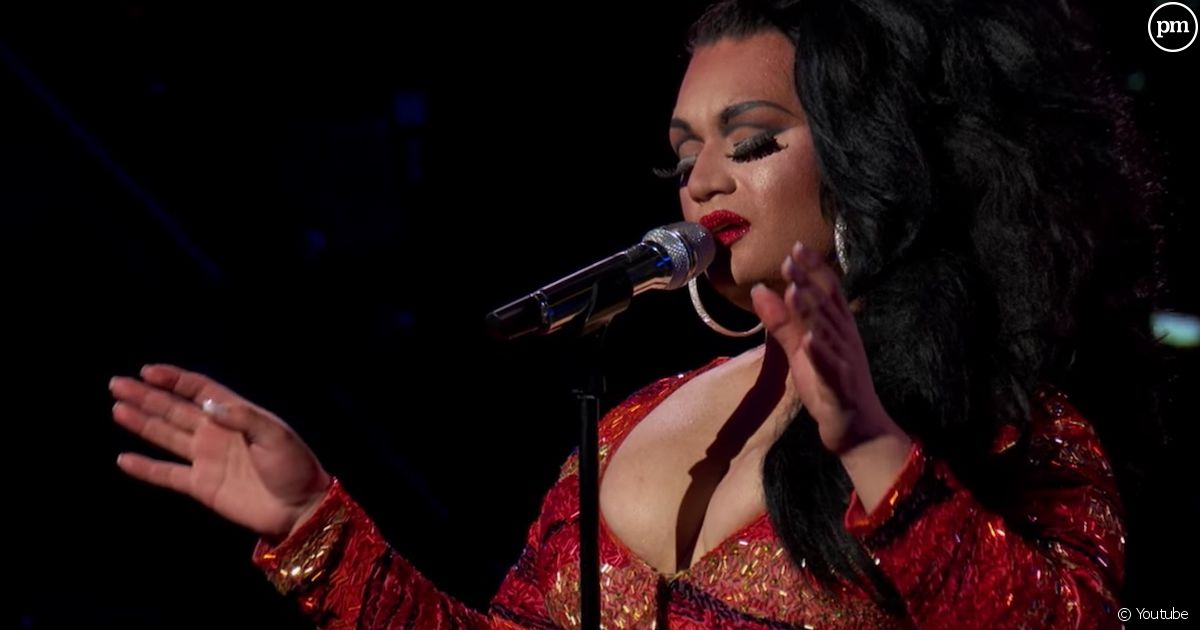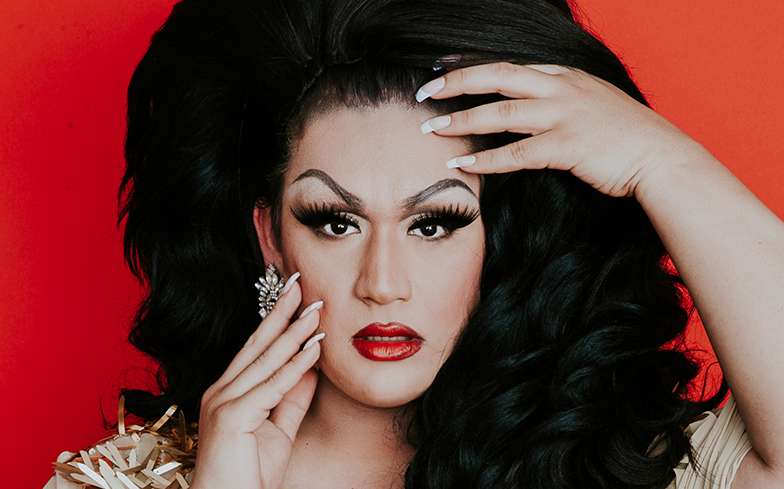

With my kids, who are 7 years old, it's been extremely positive. She wasn't shocked when I finally said, "I'm done being miserable." I still keep a good relationship with her. But she just didn't want me to transition. My ex-wife knew about me being trans before we got married. I was really close to him before, but he cut off the relationship entirely because I'm trans. The way my mom puts it to me is that he thinks I'm dead to him. Because she's seeing the happiness in me, I guess we now have a closer bond.īut I also have some uncles who refuse to acknowledge my existence now. Since I started transitioning, it's been very positive, because she's seeing I'm happy now for the first time in my life.

I used to have a horrible relationship with my mother.
Ada vox transgender how to#
All of these things came from this problem of having this hole really deep within myself that I didn't know how to fill.įor the most part, my family took it quite well once I explained a lot of it to them. That led to problems in my marriage, and I was unfaithful in my marriage. It's not something that's fun to talk about, but it's one of the ways my feelings presented themselves. I had a period in which I was absolutely lost in internet porn. I got engaged, I got married, I had children.īut throughout this entire time, I was absolutely a miserable human being. "You can't be trans because you like sports."Īs I got older, I went through a process in which I started doing things in part because they were the things that "normal men" do and these things would quiet my feelings. "You can't be trans because you like girls," I would tell myself. But I was incredibly adept at making up reasons I couldn't be trans. I would voraciously consume all the information I could possibly get about transgender people and the process of transitioning. When I went to college, that was the beginning of the internet taking off. So there were little hints even back then. I was a little confused, but I didn't think much of it. "No! He's a boy!" What's funny is I look back at that and remember I wasn't offended. An older guy bumped into me and said, "Oh, I'm sorry, little girl." My dad went off on this guy. One time, my dad and I were in hardware store. When I was 8 or 9 years old, I started to have this feeling that something was different about me, but I didn't know what it was. Then the fear would creep in, and I would purge everything and try to get it out of my mind. I would do that for a very short period of my time. Throughout my career, there would be occasional interludes in which I would be my authentic self. But as I neared retirement, I became less comfortable with coming home. I deployed twice, in Europe and the Middle East. I went through my three-plus-decade career. I worried about my kids and my spouse if I came out in the military, because I would be without a job. I had two beautiful, wonderful kids and three grandchildren. Being in the military, that was one of the things I would be discharged for. It was probably during that decade in the '70s that I realized what I identified with.īy that time, it was a bit stressful for me. So I never acted on it.īy the time I was 20, I had graduated from high school and joined the military. As a child of the '50s and '60s, I came from a conservative, blue-collar family with a Catholic background. I knew from a very young age that there was something different about me. I was like, what's FTM? I opened the book, and it changed my world. When I was in college, maybe about 18 years old, I saw a book at the LGBT center called FTM. It's not that simple for a lot of people. I use that word - journey - because it contrasts from a definitive time stamp. But it's only because I wasn't aware of the possibility.įor me, it was definitely a journey. I was totally fine with my gender as a youth, although I behaved masculine. At that moment, I was just like, "Oh, this is a possibility for you." I thought it would make sense because I would live a much happier life if I was able to medically transition. I wasn't aware of that previously.īut I don't know if it was a feeling or anything.

But it was at that point that I realized I could undergo medical transition. I've always presented my gender by dressing the same and acted like the same person. It was a long-term realization, from birth to the moment I decided to live socially as a male. I accepted that being trans is part of my life's journey around 24 years old. Writer, filmmaker, entrepreneur assistant, activist.


 0 kommentar(er)
0 kommentar(er)
